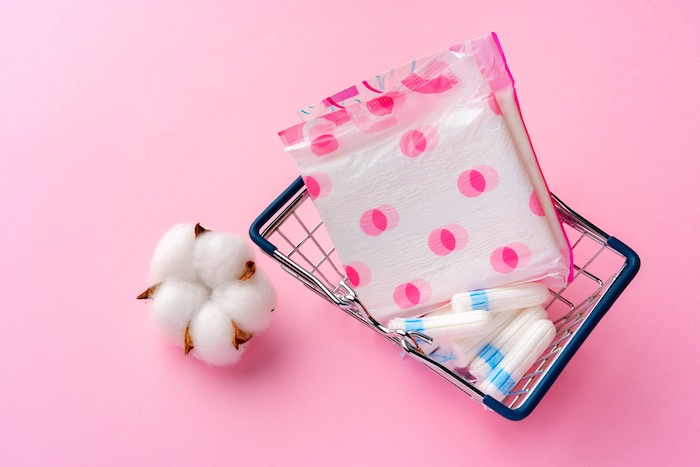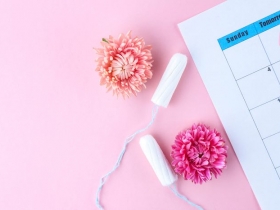How can you regulate your menstrual cycle with natural remedies and practices?
Many women struggle with having an irregular menstrual cycle. This can occur for a variety of reasons. Many women may also wish to try more natural ways to improve the regularity of their cycle before trying medications. Medications can be great for some women, but for those who want to try something else, natural remedies or changing some of your activities could be very beneficial in regulating your cycle.
What causes an irregular menstrual cycle?
The average menstruation cycle is 28 days. Some women may have a longer or shorter cycle and that is normal for them and their bodies. Others may have very irregular and uncomfortable cycles. Some causes of an irregular menstrual cycle are:
- The start of menopause usually takes place in women who are between the ages of 45 and 55. There are some cases of premature menopause that happen in younger women.
- Some types of contraception may cause your cycle to be irregular. Coming off contraception can also cause your cycle to be irregular for a few months.
- Extreme weight changes can disrupt your menstrual cycle.
- Excessive exercise and stress can also have an impact on your menstrual cycle.
- Medical conditions such as PCOS and endometriosis can disrupt your menstrual cycle. [1]

Which natural remedies may help regulate your menstrual cycle?
There are a few natural remedies and supplements that can help to regulate your menstrual cycle. None of these supplements will regulate your cycle immediately, but if you add these supplements to your diet you may see improvement over time. Some natural supplements that may help regulate your cycle are:
- Cinnamon: Cinnamon has been recommended for women who struggle with PCOS to regulate their cycles. Cinnamon may also help reduce menstrual pain and heavy bleeding.
- Ginger: Ginger is a common remedy to improve irregular periods. Ginger can help relieve some pain associated with menstruation. Ginger has been proven to alleviate some symptoms of PCOS as well.
- Vitamins: Having a balanced dose of vitamins daily can help regulate menstruation. Vitamin D can help regulate menstruation. B vitamins can be helpful for those trying to conceive and to lessen PMS symptoms.
- Apple cider vinegar: Drinking a small amount, about 15ml, of apple cider vinegar may help improve women’s ovulation period of menstruation.
All of these supplements are worth implementing into your daily diet to improve your menstruation. It is important to not overdo any supplements and talk to your doctor about what supplements you may be taking. [2]
What practices should you add to your daily life to regulate menstruation?
Our bodies are sensitive to stress and changes. These changes or emotions can disrupt your menstrual cycle. Below are some lifestyle changes and practices that may help regulate your menstrual cycle:
- Reduce your stress levels. High stress has been proven to cause an irregular menstrual cycle. If you are trying to conceive it is especially important to lessen your stress as this can affect your body's ability to get pregnant.
- Meditation can help you relieve stress and give your body balance. Our bodies and minds are very connected. Medication can improve the regularity of menstruation by lessening stress and emotional struggles.
- Maintain a healthy weight. If you have lost or gained weight quickly this can impact your cycle. Maintaining a stable and healthy weight is important to regulate your cycle.
- Exercise with balance. Exercise is important for a healthy lifestyle. Too much exercise or too little can affect your menstrual cycle.
Having a healthy and balanced lifestyle will help regulate your menstrual cycle. If you are hoping to conceive soon or are worried about your fertility it is important to look at your lifestyle and see if there is anything that you should add or take away to improve your chances of a successful pregnancy. Talking to your doctor about your lifestyle is the most important step to take before you decide what supplements or activities to add or take away. [3]
Sources:
[1] https://www.nhs.uk/conditions/irregular-periods/
[2]https://www.healthline.com/health/womens-health/irregular-periods-home-remedies#9
[3] https://www.medicalnewstoday.com/articles/324781#adjust-exercise-levels






